Culture is our system for understanding the world around us. Our culture may be a nation, a company, or a family. It is also our individual perceptions and our definitions of right and wrong behaviors. Culture can be very personal.
Negotiation Déjà Vu: The INF Treaty and US Withdrawal
The Cold War between the U.S. and U.S.S.R. prompted negotiations to lower the risk of nuclear war. The 1972 Anti-Ballistic Missile (ABM) Treaty reinforced the idea of nuclear deterrence through mutually assured destruction: without missile defense, destruction was more likely. Everyone also agreed, having fewer missiles around was a good idea.
Negotiation Déjà Vu: The Good Friday Agreement and Brexit
In 1973, the United Kingdom (UK) and Ireland joined the European Economic Community (EEC; predecessor to the European Union, EU) to address difficult economic issues. Common depressed economies and perceived inequalities between communities precipitated open violence in Northern Ireland, a UK nation sharing a 310-mile border with Ireland.
Negotiation Déjà Vu: The Iran Nuclear Deal and US Exit
Seven countries, including Iran, agreed in 2015 to the Joint Comprehensive Plan of Action (JCPOA), constraining Iran’s ability to develop nuclear weapons. After signing, the U.S. Congress did not enact a resolution of disapproval for the JCPOA by their own self-imposed deadline. Without this disapproval, the JCPOA came into force under United Nations Security Council resolution 2231. Yet, in 2018, a new U.S. administration unilaterally withdrew from the JCPOA.
Negotiation Déjà Vu: NAFTA and its Successor, USMCA
The North American Free Trade Agreement (NAFTA) between Canada, the U.S., and Mexico took effect in 1994, operated for 25 years, and was superseded by ‘USMCA’ in 2020. NAFTA functioned throughout a turbulent global era, was both hailed and maligned for most of its history, and produced threats for its unilateral termination. Yet USMCA substantially followed NAFTA’s example with a needed update rather than a radical departure: “NAFTA v1.1.”






